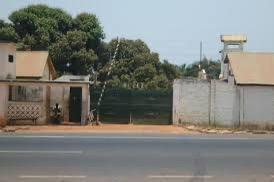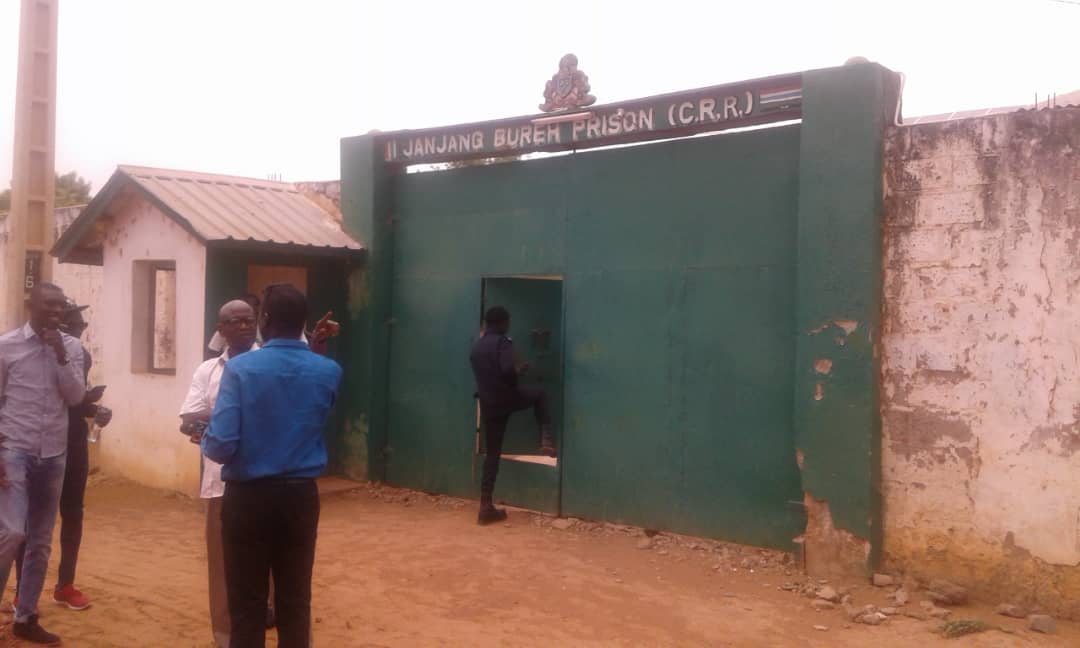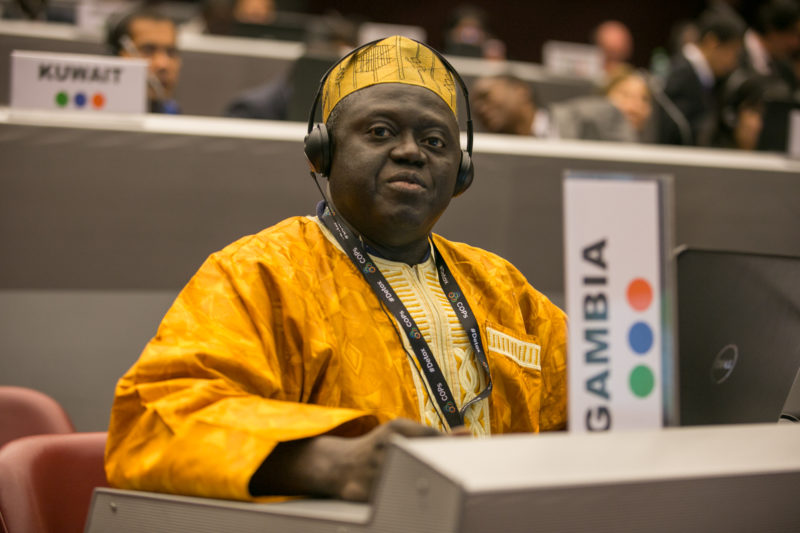By: Nyima Sillah
The parliamentary select committee on Human Rights and Constitutional Matters yesterday visited Mile 2 Central Prison as part of the committee’s nationwide tour of prison facilities and police stations in the country.
Madi Ceesay, the chairperson of the committee, in an interview with Voice expressed grave concern over the growing number of young people in mile II prison.
According to him, the aim of the visit is to assess conditions in police stations and prisons across The Gambia.
“At Mile 2 Central Prison, it is pathetic and I can say roughly 75% of the inmates are youths between the ages of 20 and 35. These include both convicts and those on remand. It’s alarming to see such a large portion of our young population behind bars,” Ceesay said.
He described conditions at Mile 2 as “pathetic,” citing overcrowding, poor ventilation, and limited access to healthcare. “We found 27 young men in a cell meant for 10 to 20 people. The prison was built to hold around 400, but currently holds 733 inmates,” he disclosed.
According to Hon. Ceesay, the facility has 432 convicted inmates and 255 on remand. “It’s not just overcrowded, it’s a serious human rights concern,” he said.
He emphasized the lack of rehabilitation opportunities, particularly skills training, which he described as “woefully inadequate.” “These young people should be contributing to national development, but instead, they are locked away with no meaningful programs to prepare them for reintegration,” he noted.
The Chair of the Human Rights Committee also highlighted troubling health conditions within the prison, noting that inmates suffering from tuberculosis, psychiatric issues, and other illnesses are not properly segregated. “There’s a medical unit, but the officer there admitted they lack essential medicines and equipment,” he stated.
He called for immediate action to improve conditions and prioritize youth rehabilitation. “We are wasting a vital part of our future. Without proper intervention, we’re turning prisons into holding grounds for the nation’s potential.”
At Banjul Police Station, Ceesay acknowledged some improvements compared to a previous visit three years ago. “The cells are cleaner and have better toilet facilities. However, there is still no electricity or proper ventilation. By midday, the cells are already dark, but the station officer promised to have it fixed soon,” he stated.
He further noted positive development on the introduction of a designated holding area for women and juveniles. “This is the kind of practice we want to see replicated in all police stations,” he said.





